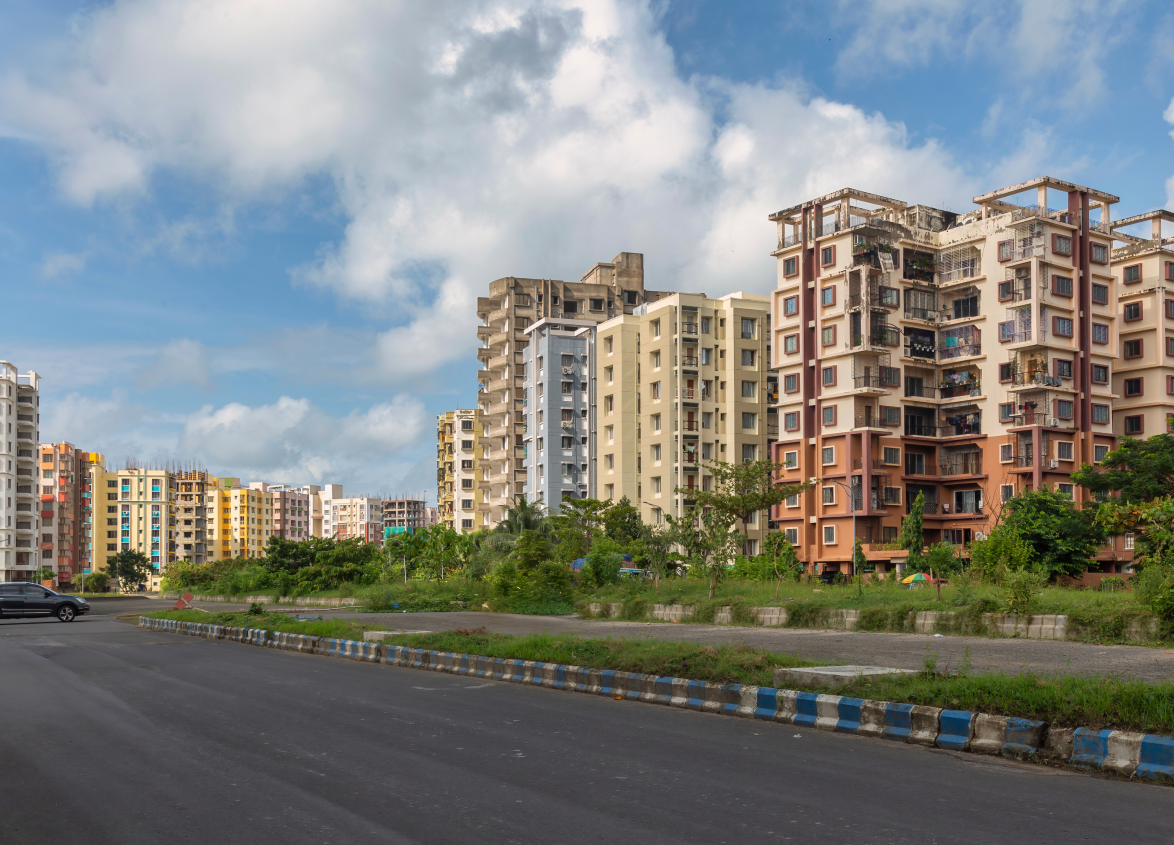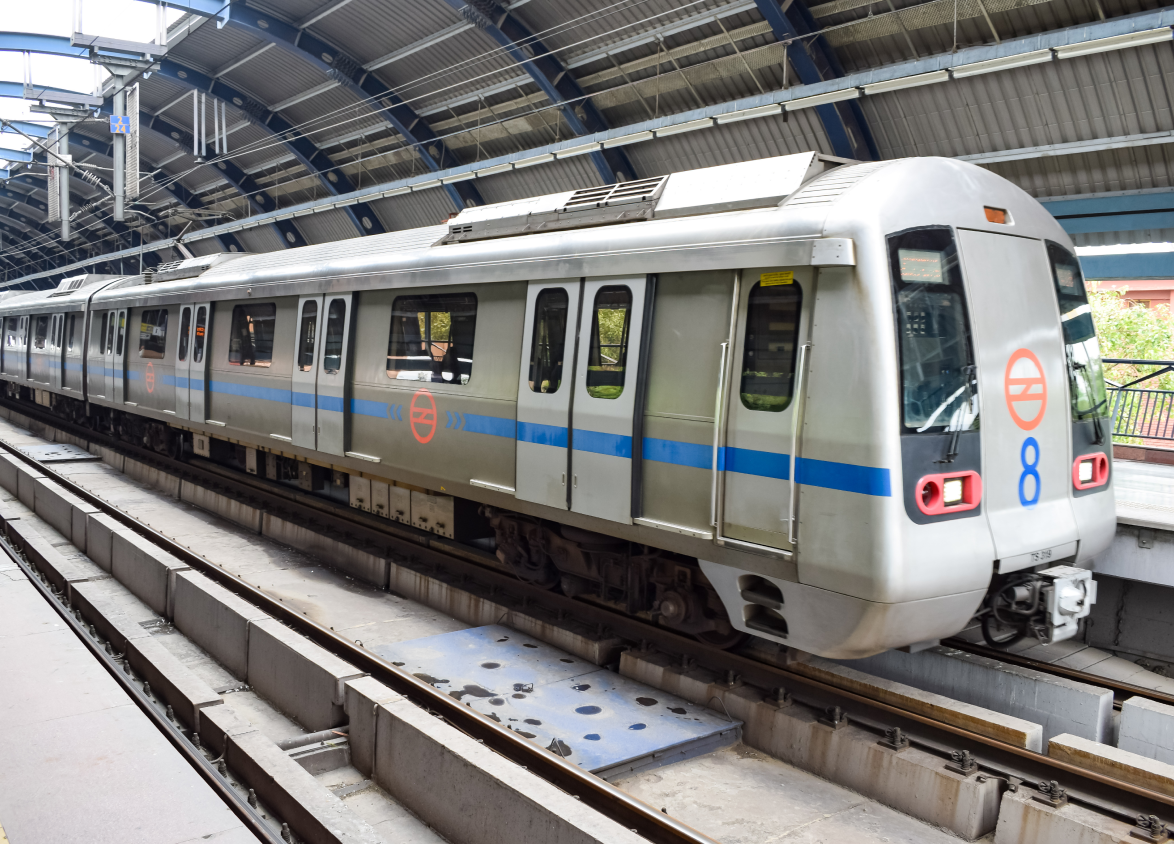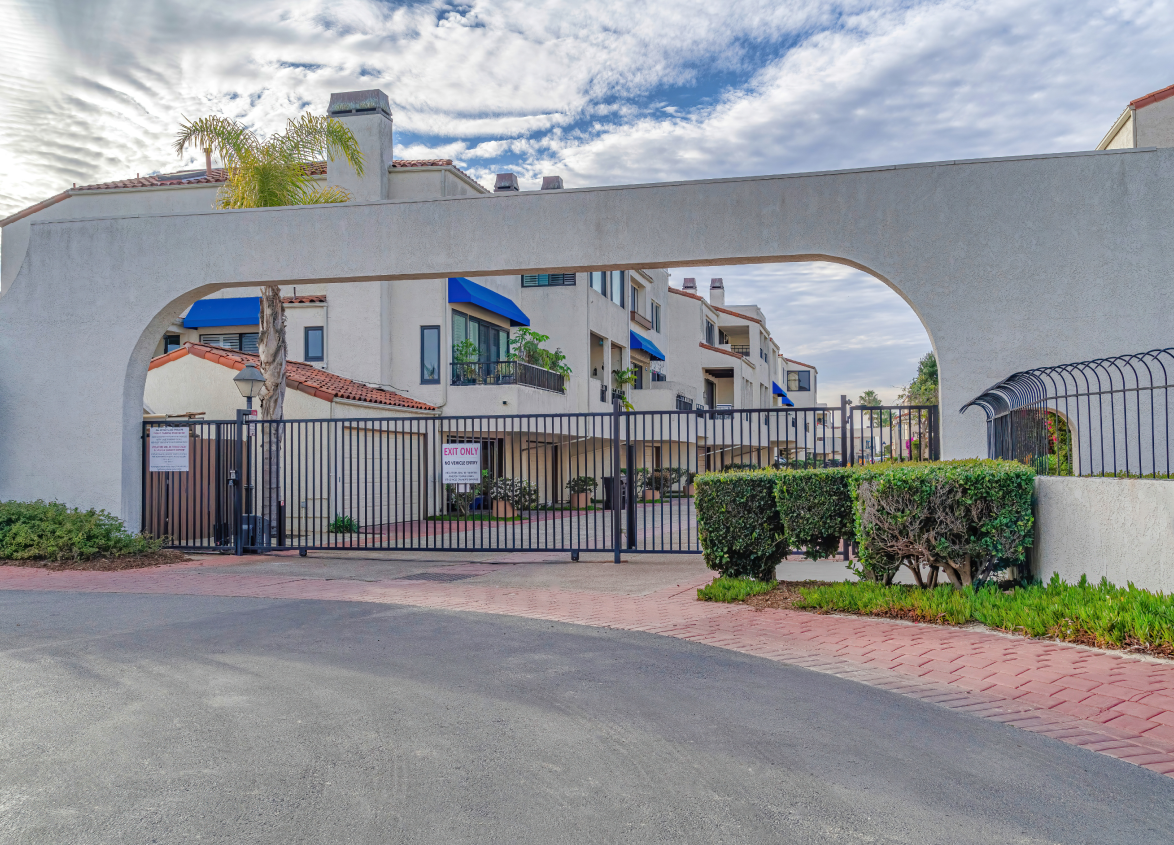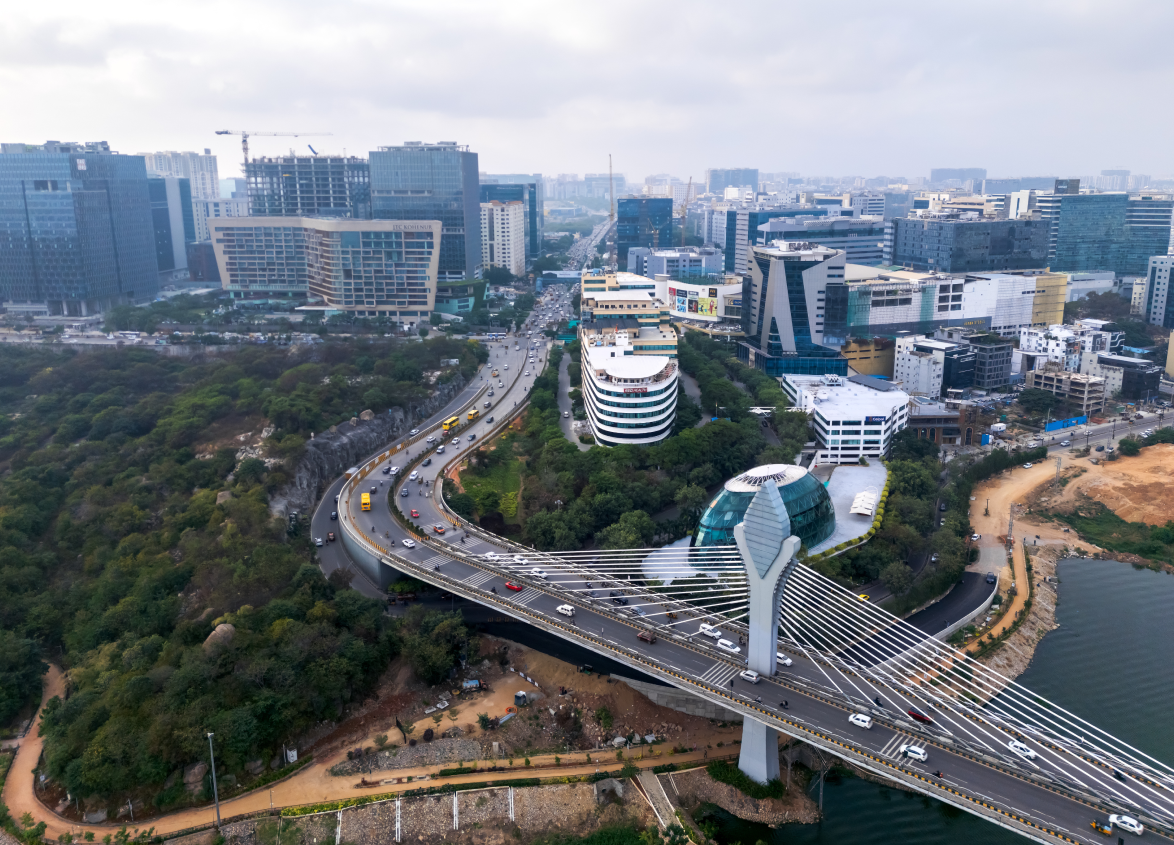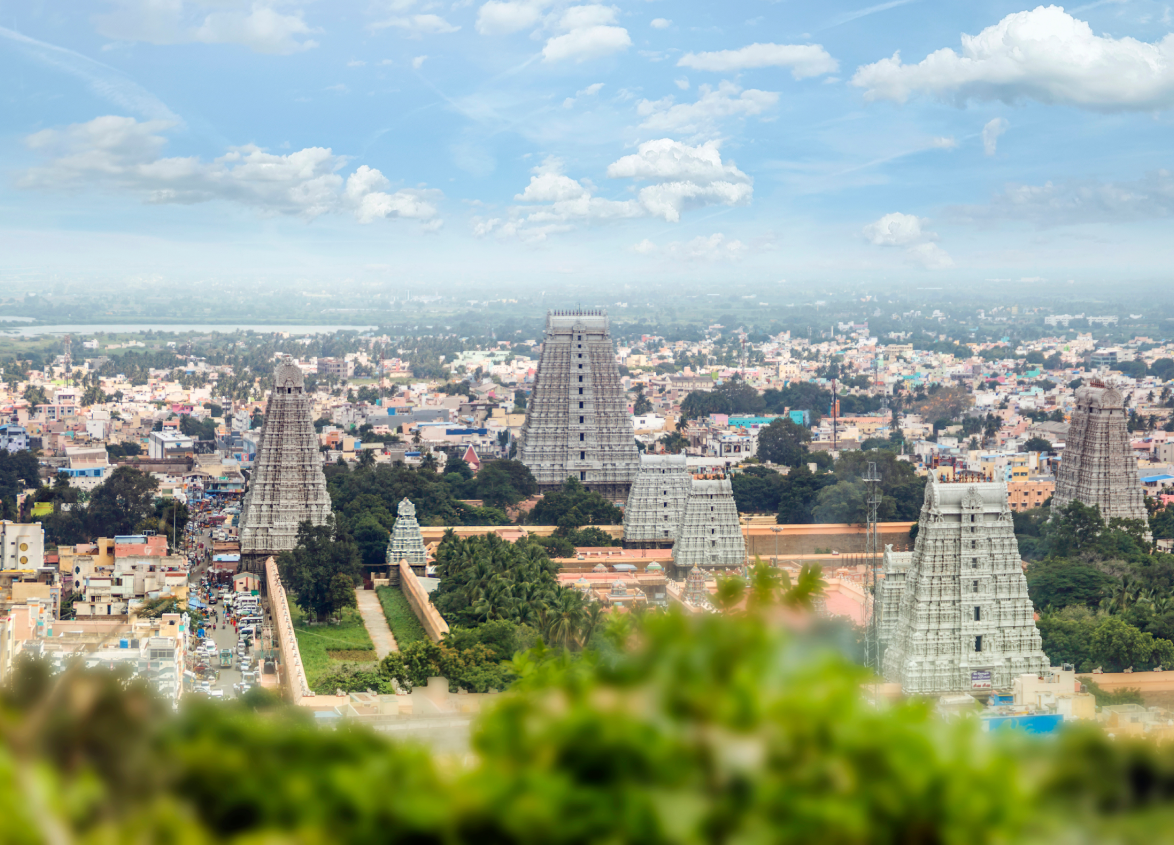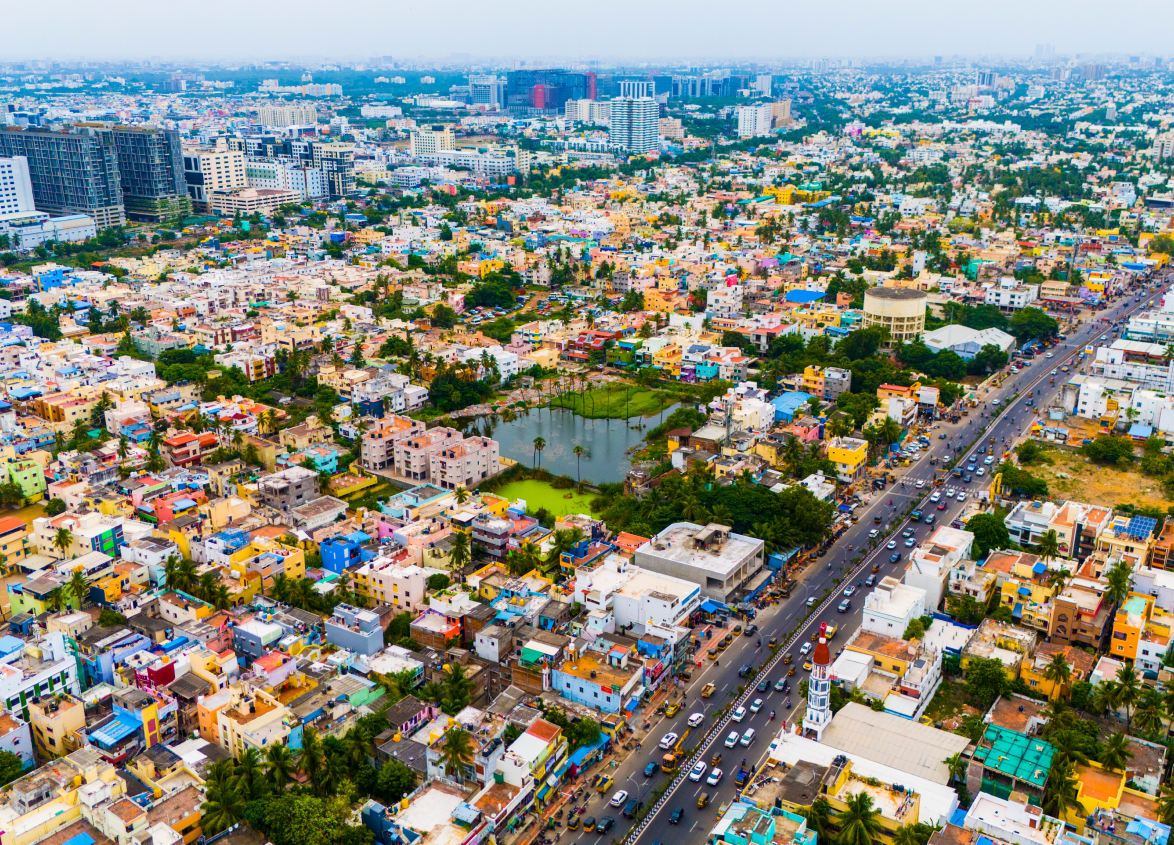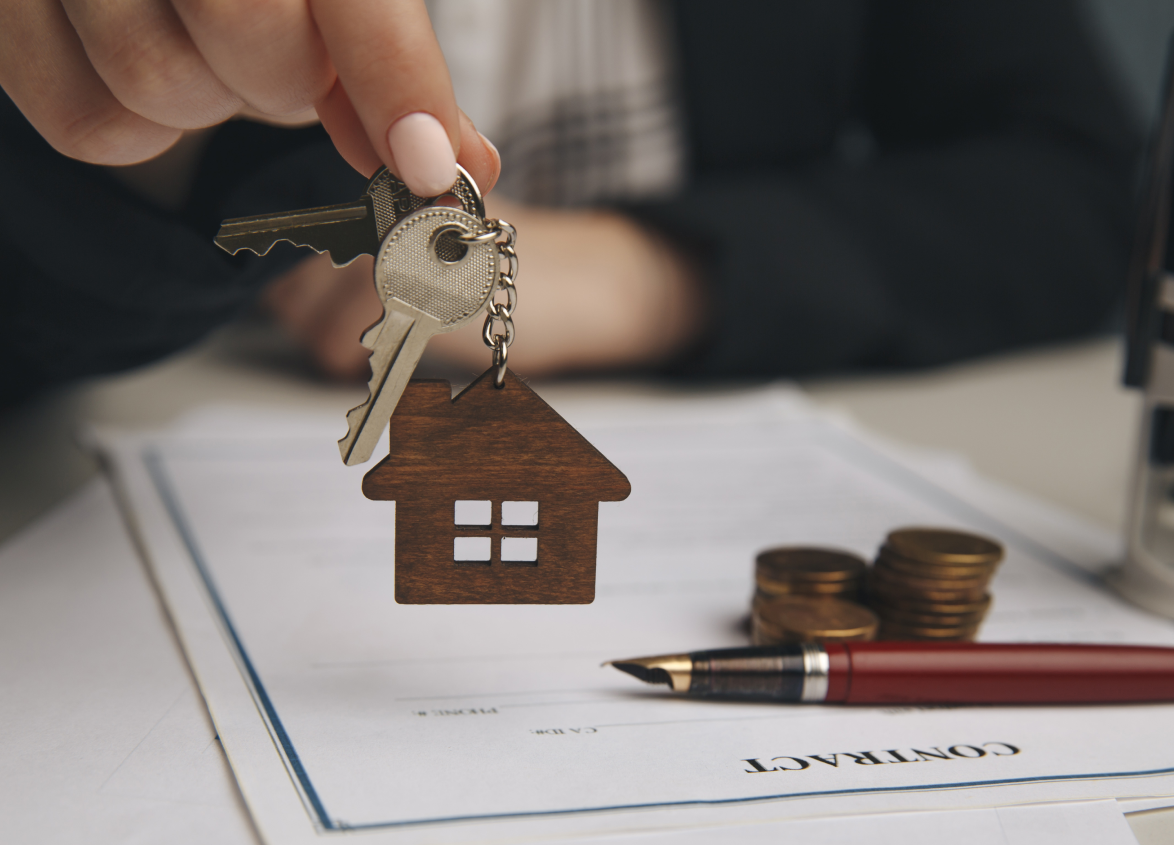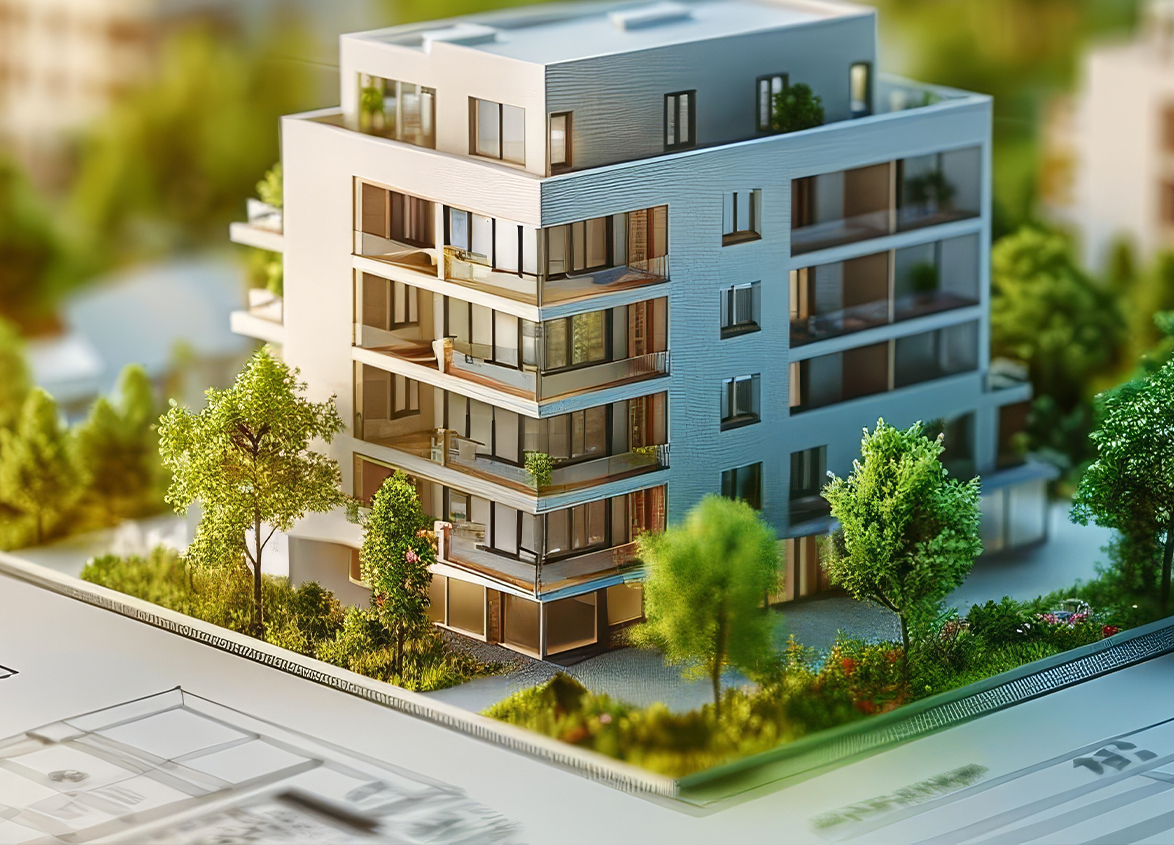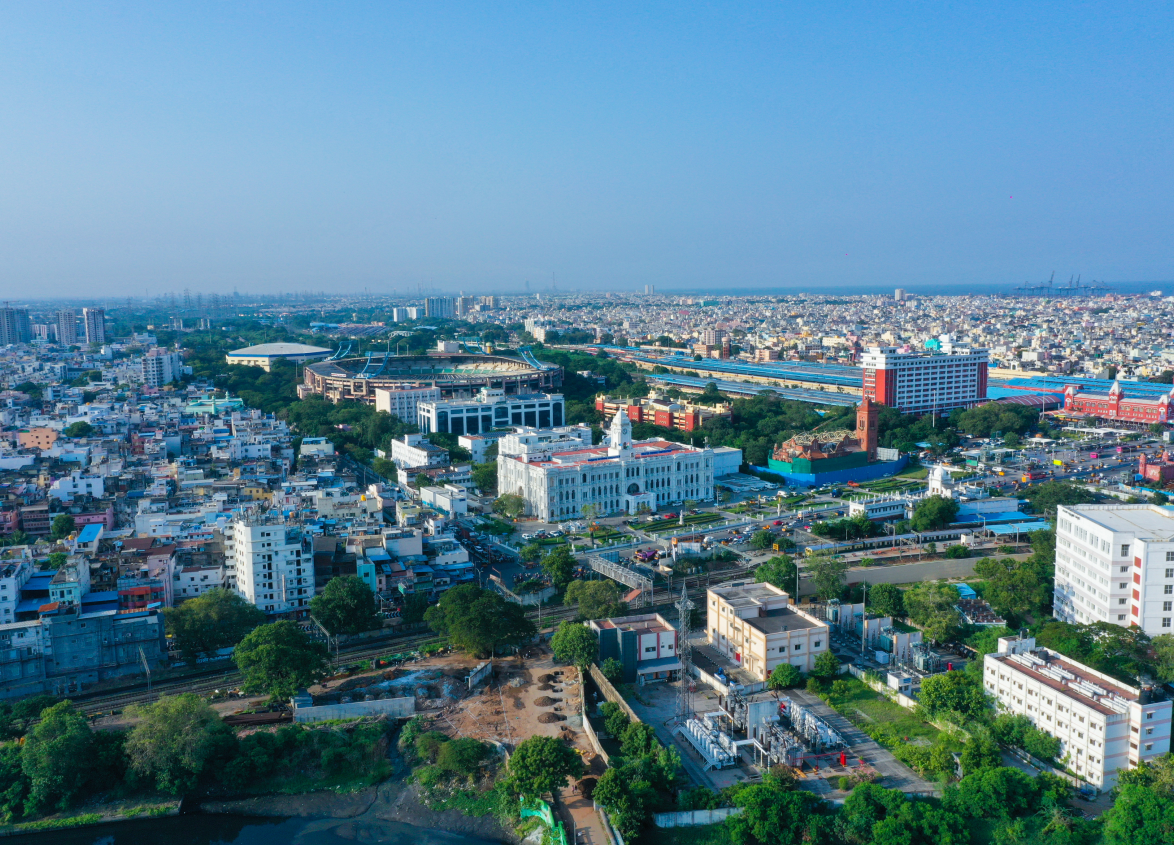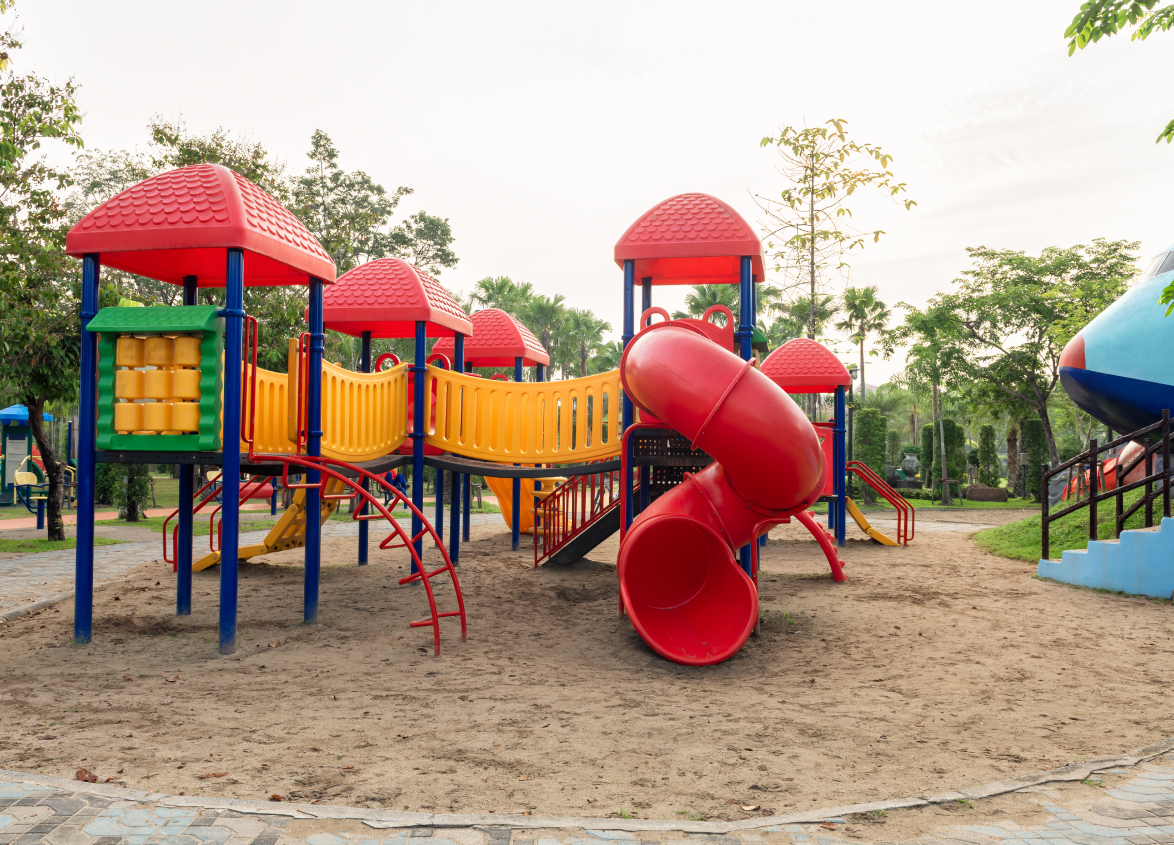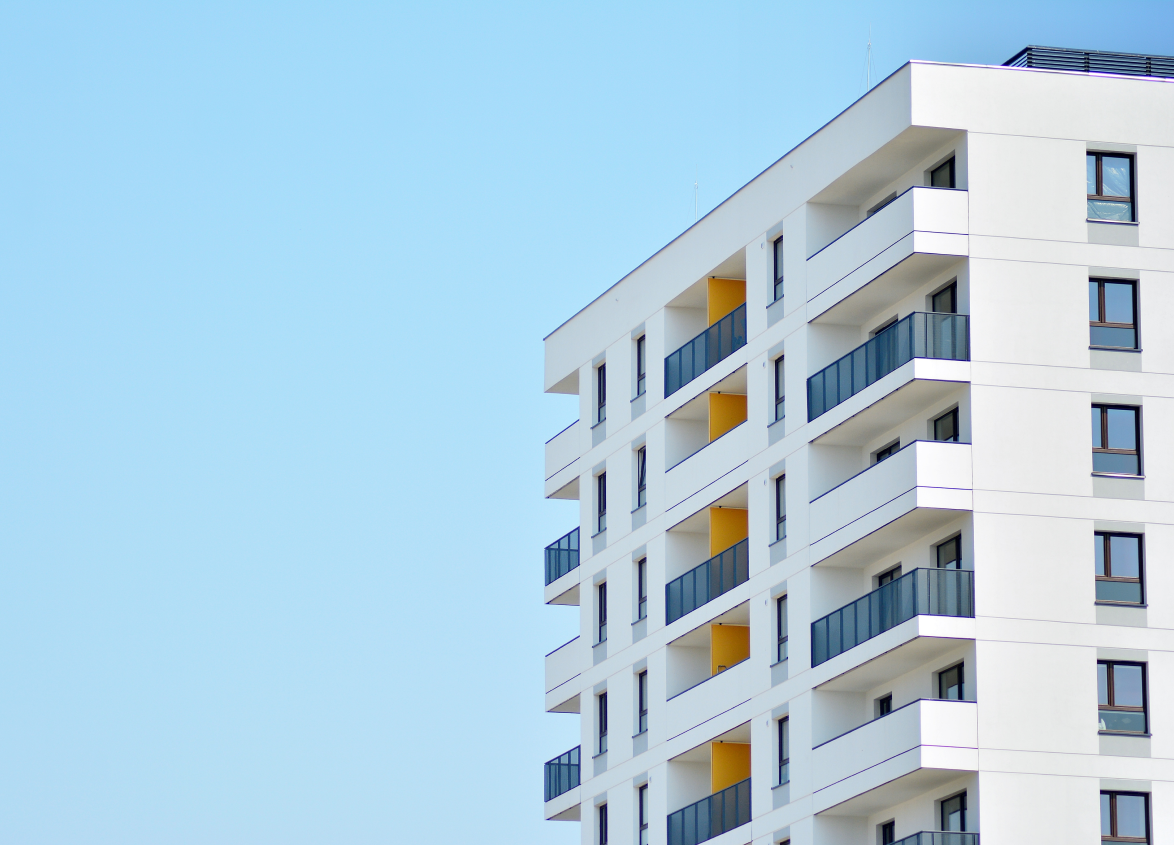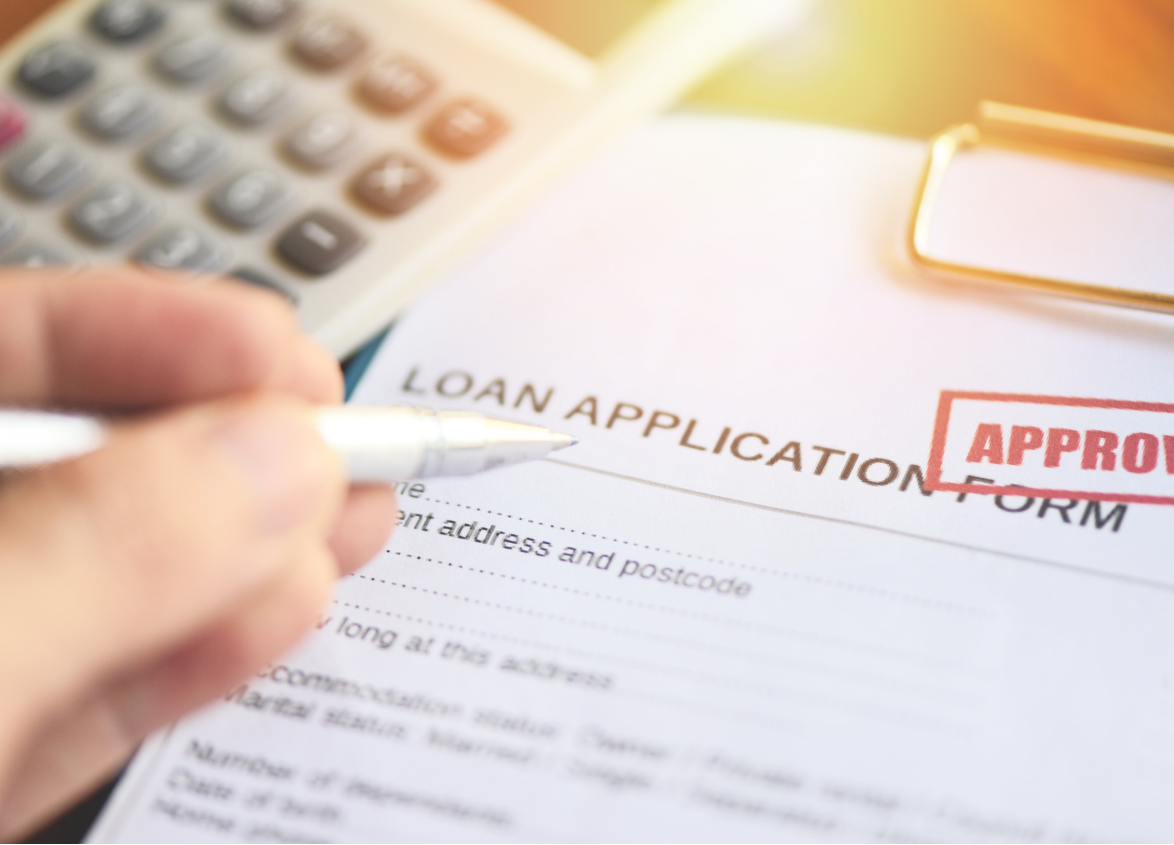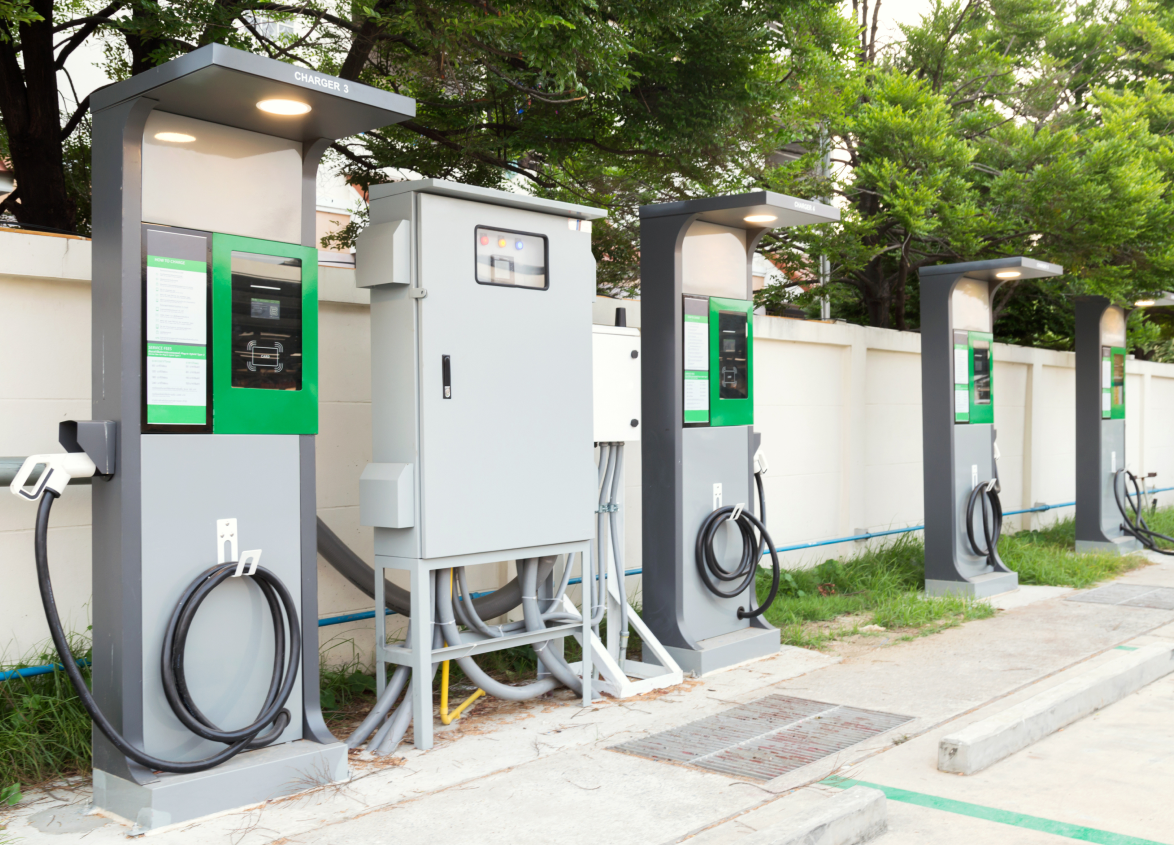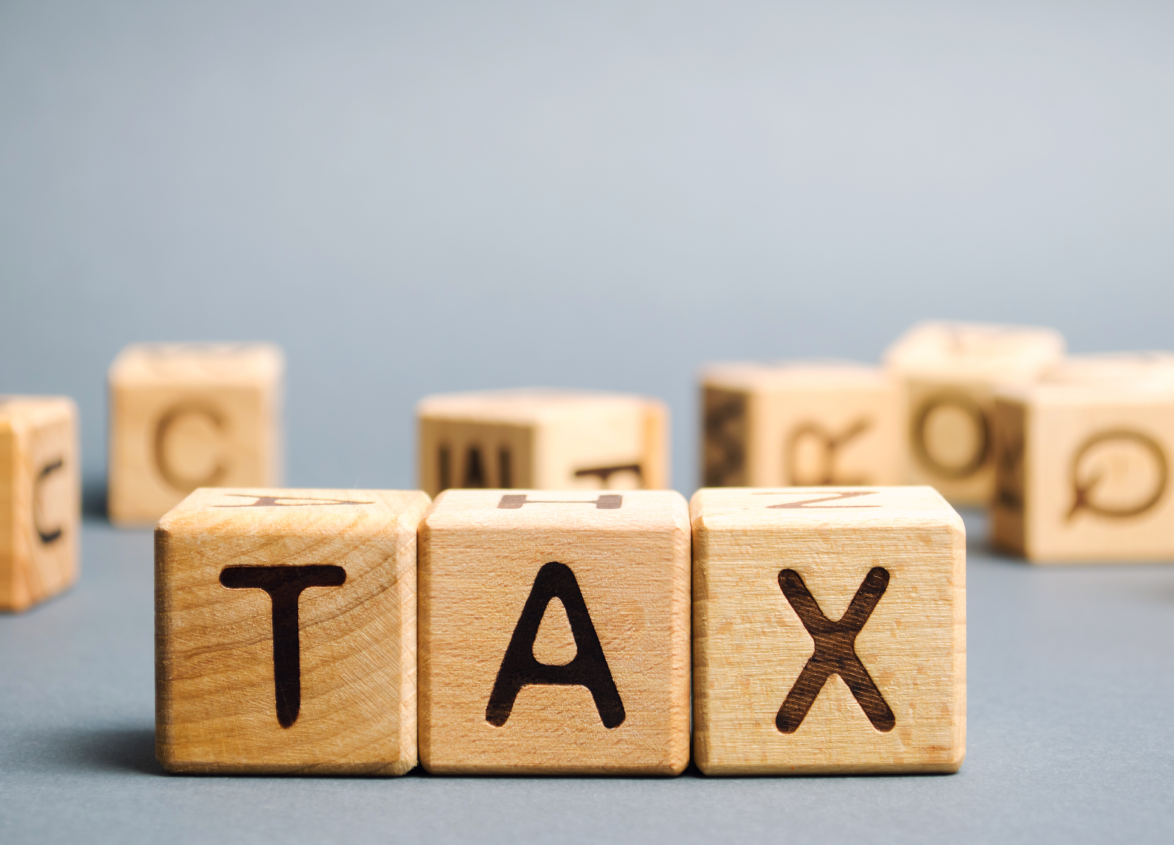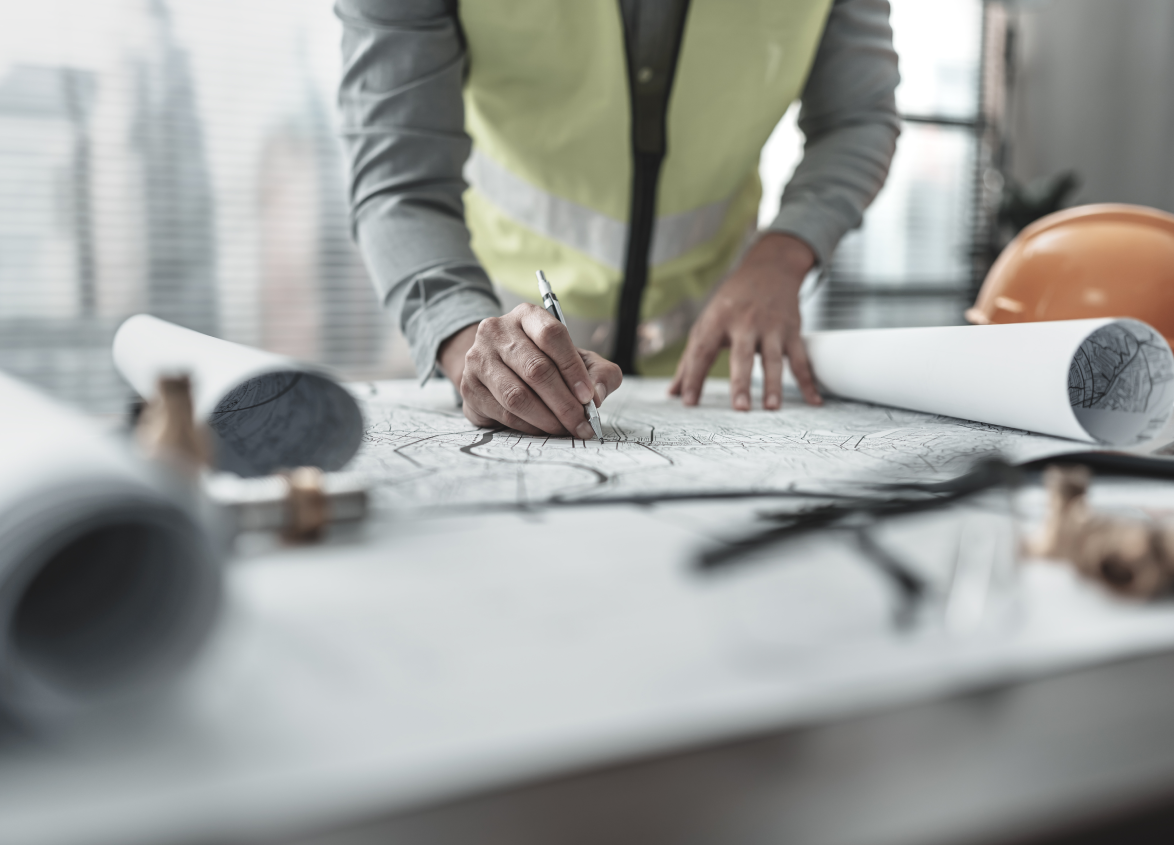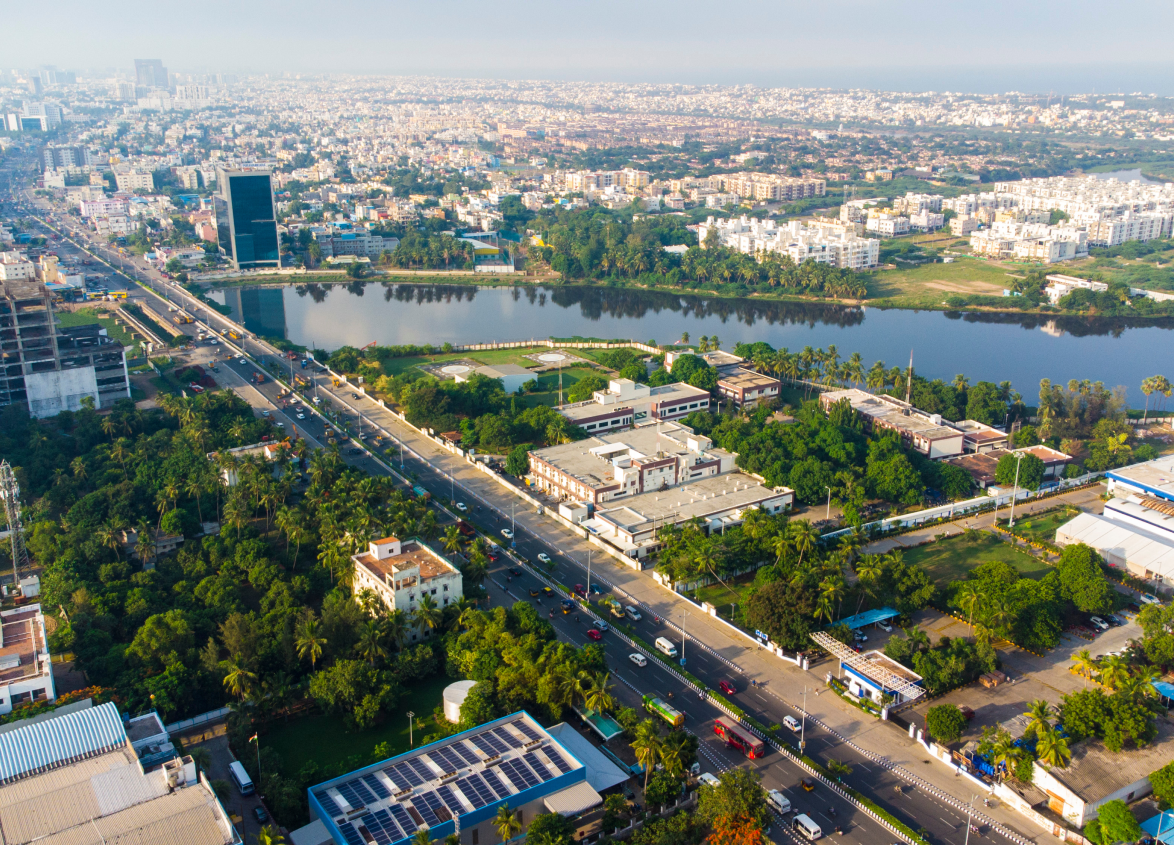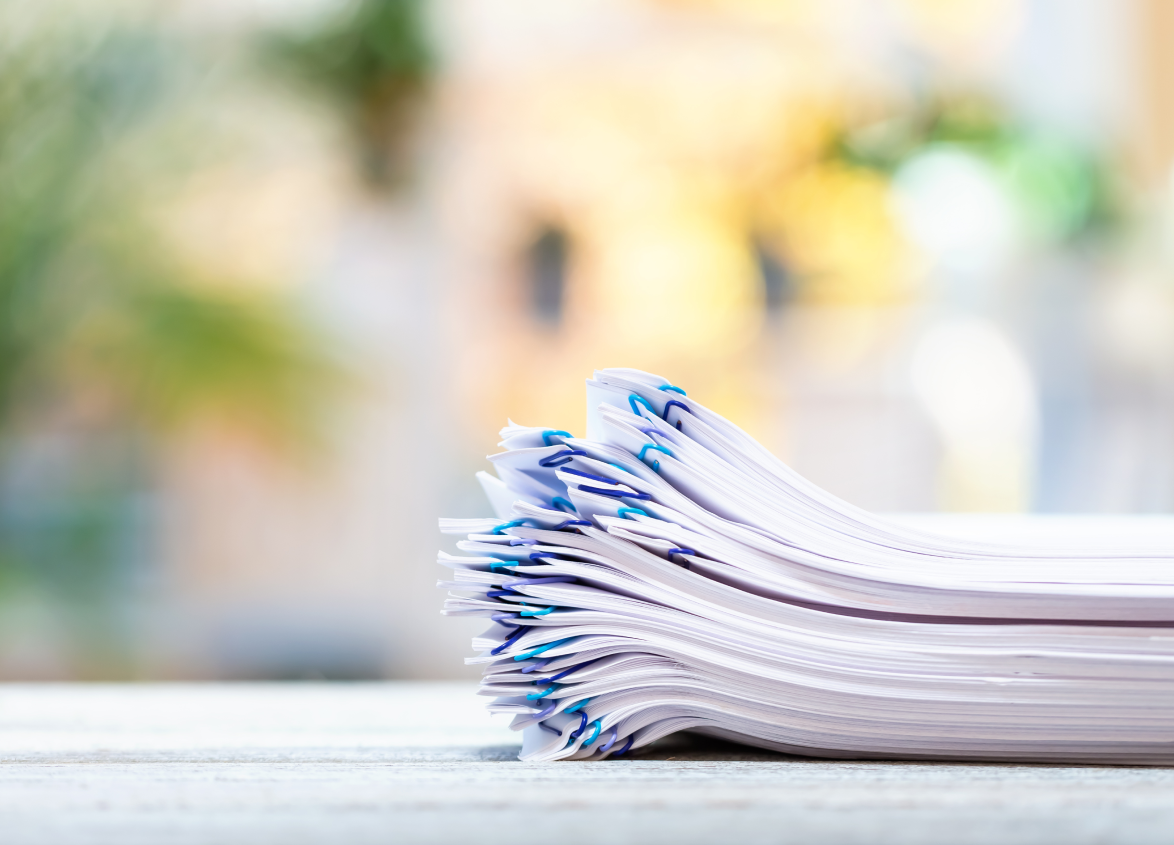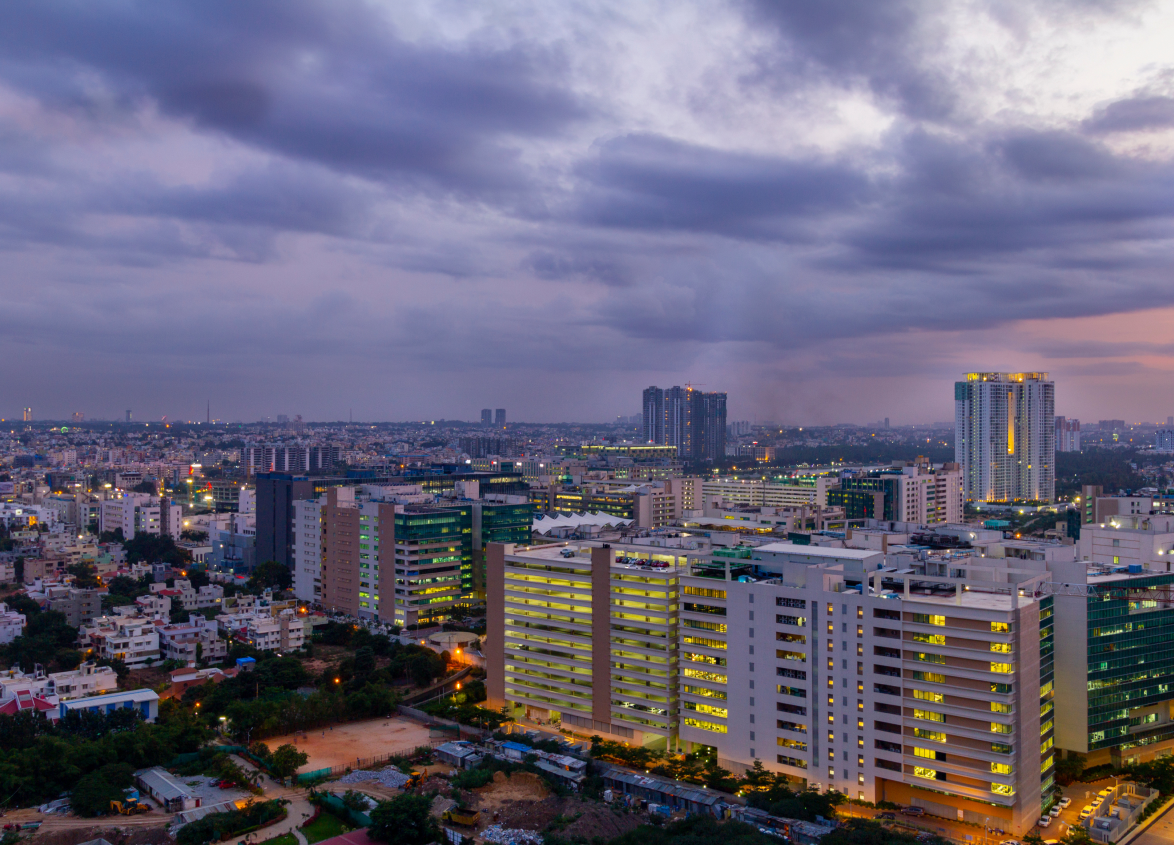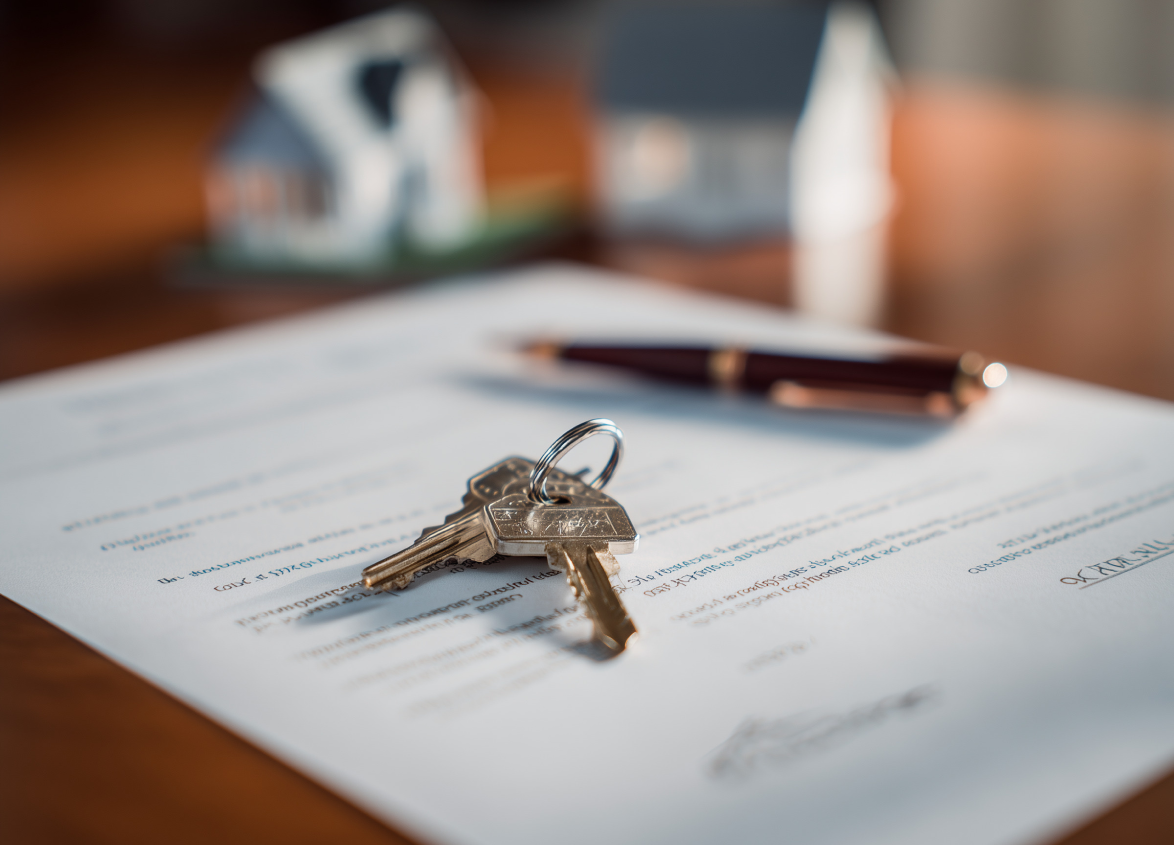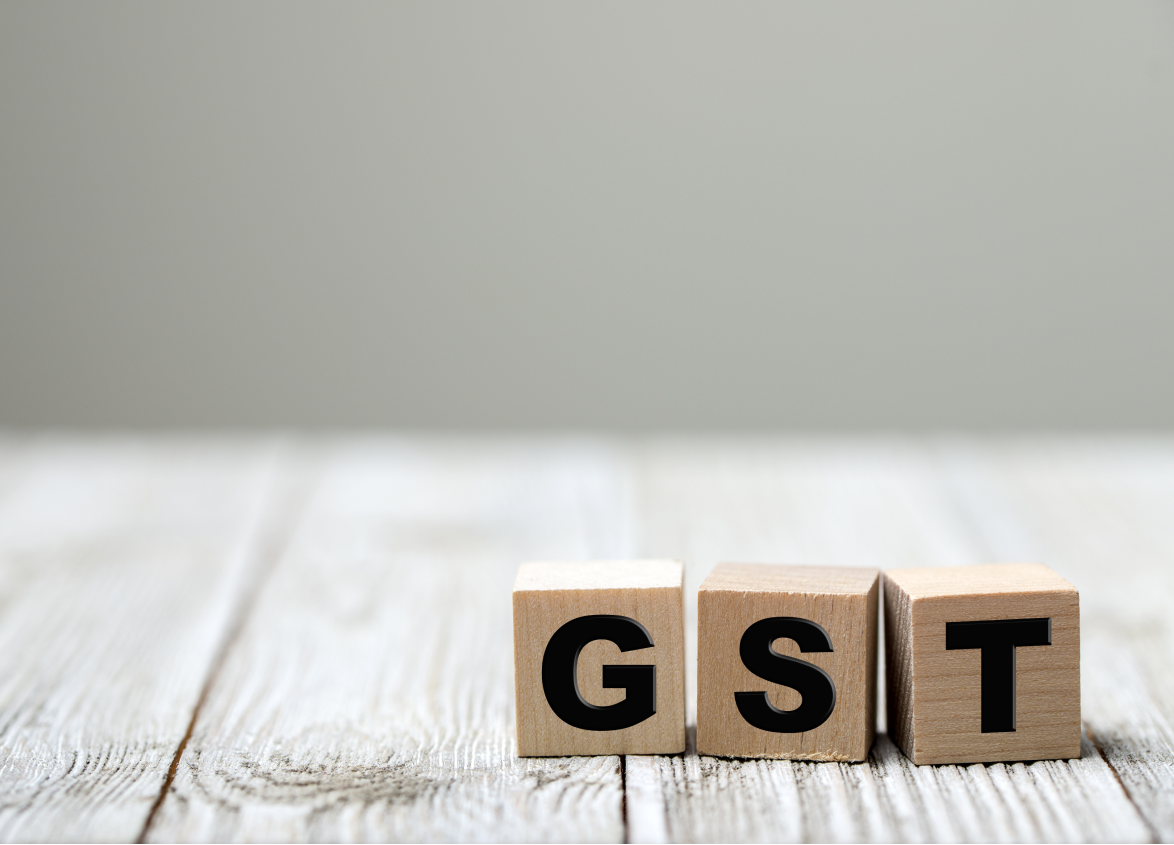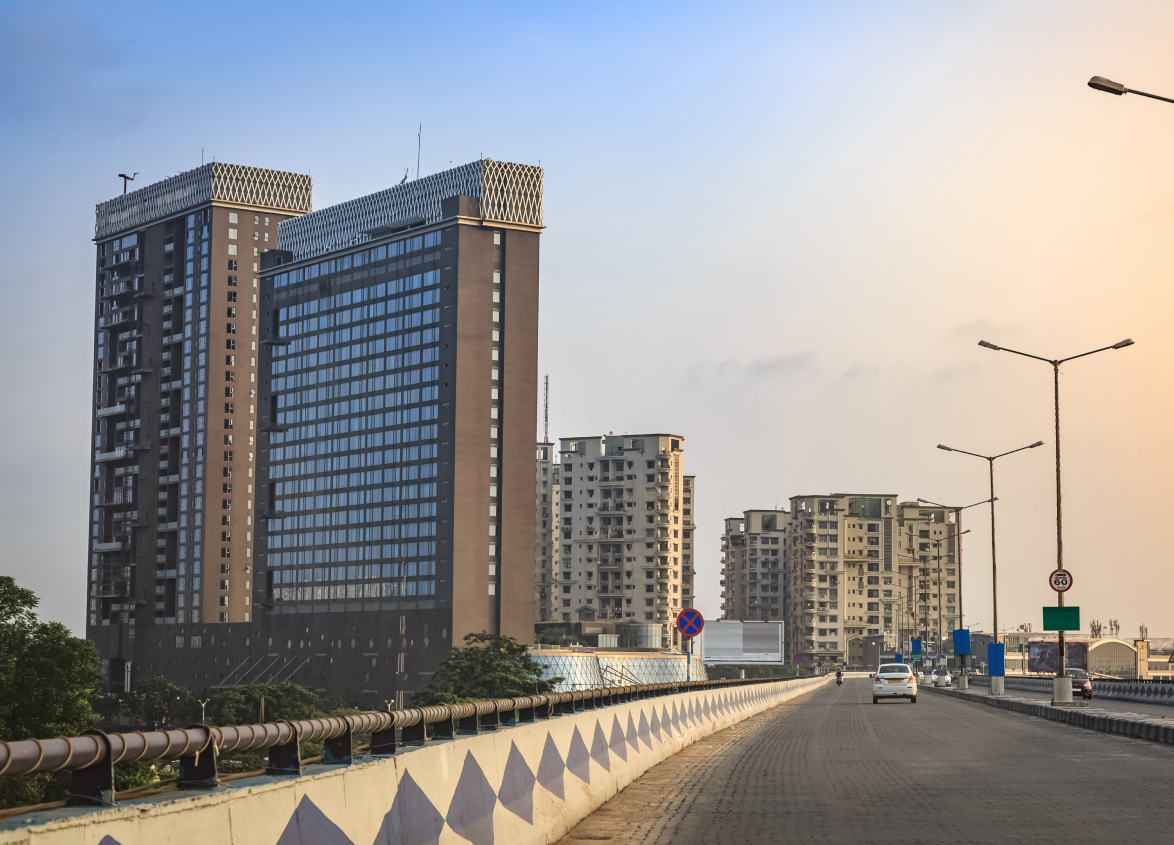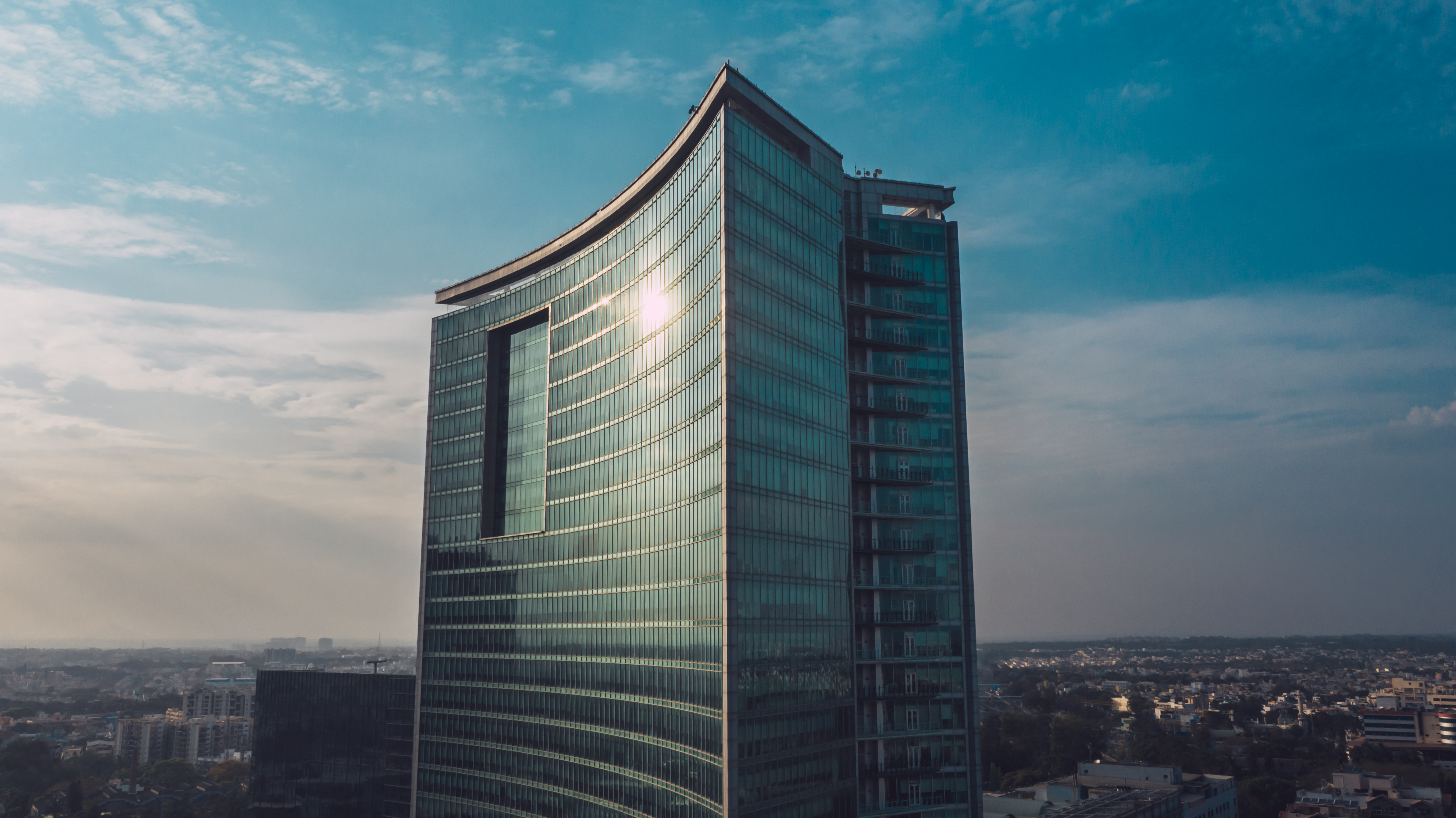
Residential
Property Registration in Bangalore: Process, Documents and Costs
August 28, 2025
Purchasing property in Bangalore is one of the most significant milestones for any homebuyer. However, the transaction is only legally complete once the property is registered in the buyer's name. Property registration ensures lawful ownership, prevents future disputes and facilitates proper tax and municipal records. Governed by the Registration Act of 1908 and the Karnataka Stamp Act, the registration process in Bangalore can seem complex at first glance. This guide breaks it down into a step-by-step format, outlines required documentation and explains costs involved, providing a clear and reliable reference for prospective buyers.
Bangalore, being a dynamic and rapidly urbanising city, presents a unique mix of residential property types from modern gated communities and high-rises to plotted developments and heritage homes. With such diversity, understanding the legal steps in property ownership becomes crucial. Registration is more than a formality; it’s the final legal proof of ownership that stands in a court of law.
The Step-by-Step Property Registration Process in Bangalore
Pre-Registration: Due Diligence and Document Preparation
Before initiating the registration, a thorough verification process must be carried out to avoid legal issues later. This includes:
Title Verification:
Check that the seller has a clear and marketable title. Any issues such as inheritance claims, legal disputes or existing mortgages should be resolved before proceeding.
Encumbrance Certificate (EC):
Obtain an EC to ensure the property is free from financial liabilities.
Drafting the Sale Agreement:
This legal document records mutual consent and terms of the property transfer. It should detail price, payment schedule, possession date and other relevant clauses.
Stamp Duty Calculation:
Calculate applicable stamp duty and registration fees based on the property value.
Document Collection:
Gather essential ID proofs, ownership records and legal clearances from both parties.
Legal Opinions and Verification:
Especially for high-value or resale properties, seeking a second legal opinion adds a layer of safety. It’s also advisable to verify developer credentials in the case of under-construction projects.
The Day of Registration: What Happens at the Sub-Registrar's Office (SRO)
On the appointed day:
Visit to the Jurisdictional SRO:
Both buyer and seller must appear in person.
Verification and Submission:
Submit the sale deed, ID proofs and other supporting documents.
Biometric Authentication:
Digital photographs and biometric data of all parties (including witnesses) are recorded.
Payment Receipts:
Submit proof of payment of stamp duty and registration charges.
Official Registration:
The Sub-Registrar reviews the documents and officially records the transaction.
Receipt of Registered Documents:
The buyer receives a digitally signed registration certificate and a physical copy of the registered deed.
Depending on the SRO, wait times can vary. Many now offer token systems or online appointment slots to reduce delays. Bangalore’s move towards digitised property records also means that registered sale deeds can often be accessed online post-registration.
Essential Documents Required for Property Registration
Accurate documentation ensures a seamless registration process. Requirements vary slightly based on property type but typically include:
Documents from the Buyer and Seller
- Aadhaar card
- PAN card (mandatory for transactions above ₹10 lakh)
- Two passport-sized photographs
- Address proof (voter ID, passport, utility bill)
- Power of Attorney (if acting on behalf of someone else)
- Income proof or loan sanction letter (in case of bank-financed purchases)
Property-Specific Documents
- Khata certificate and extract
- Encumbrance certificate (Form 15 or Form 16)
- Latest property tax receipts
- Sale agreement or builder-buyer agreement
- Title deed or mother deed (for resale properties)
- Approved building plan
- Completion certificate and occupancy certificate (for new constructions)
Table 1: Document Checklist by Property Type
| Property Type | Additional Documents Required |
|---|---|
| Resale Apartment | Previous sale deeds, Khata certificate and extract, EC, utility receipts |
| Under-Construction Flat | Builder NOC, allotment letter, payment receipt, construction certificate |
| Plot or Vacant Land | RTC (Record of Rights), mutation extract, survey map, zonal classification |
Understanding Property Registration Costs in Bangalore
The overall cost of registering a property in Bangalore includes several components:
1. Stamp Duty
This is a state-imposed tax on property transactions. As of 2025:
- 5% for properties above ₹45 lakh
- 3% for properties valued between ₹20 lakh and ₹45 lakh
- 2% for properties under ₹20 lakh
Note: These rates are applicable across the Bangalore urban and rural districts. However, local authorities may levy an additional cess or surcharge depending on the ward or panchayat. For properties falling under certain panchayat limits or BBMP jurisdictions, surcharge rates vary slightly.
2. Registration Charges
Fixed at 1% of the property value, this is the fee for recording the transaction in government records. It covers administrative costs, record maintenance and issuance of registration certificates.
3. Miscellaneous Charges
- Scanning and document handling fees (₹500–₹1,000 approx.)
- Advocate or consultant fees (if engaged)
- Charges for obtaining EC, Khata or other municipal clearances (varies by locality)
- Courier or notarisation charges if required
Example Cost Calculation
For a flat valued at ₹60 lakh:
- Stamp duty @5% = ₹3,00,000
- Registration fee @1% = ₹60,000
- Miscellaneous = ₹5,000 (approx.)
- Total Cost = ₹3,65,000
How Costs Vary by Locality
Costs can fluctuate depending on the locality due to zoning differences. For example, registration charges in prime areas like Indiranagar or Jayanagar may incur additional cess due to higher guidance values. Peripheral areas like Devanahalli or Hoskote may have marginally lower values, but are increasing rapidly.
Guidance Value and its Role
The guidance value is the minimum rate set by the state government for registering property in a particular area. It ensures that transactions are not undervalued to evade tax. The stamp duty is calculated based on either the guidance value or the declared sale value, whichever is higher. Updated guidance values are published on the Department of Stamps and Registration website.
A simple way to check the guidance value is to visit the Kaveri Online Services portal. It lists localities, survey numbers and their corresponding government-mandated rates.
Post-Registration: The Final Steps
Once the property is registered, several administrative tasks remain:
1. Mutation of Property
Submit an application to BBMP (Bangalore Bruhat Mahanagara Palike), BDA (Bangalore Development Authority), or BMRDA to update municipal records with the new owner’s name. This step ensures legal tax payment rights.
2. Khata Transfer
Khata is an account in the property owner’s name, maintained by the municipality. It reflects ownership and is required for water, electricity connections and building permits.
3. Safe Custody of Documents
Secure original copies of the sale deed, payment receipts, and encumbrance certificate. Keep both digital scans and physical copies. Additionally, it’s wise to register these documents with your bank or locker provider if the property is part of a loan transaction.
4. Update Address in Official Records
Update your address in Aadhaar, PAN, bank accounts and other financial services to reflect your new property.
5. Notify Societies and Associations
If the property is within a gated community or apartment complex, inform the Residents' Welfare Association (RWA) or management committee to update ownership and access rights. Also request inclusion in society records, notices and online portals if applicable.
6. Register for Utility Services
Apply afresh or transfer accounts for electricity (BESCOM), water (BWSSB), gas connections and broadband services.
Conclusion
Understanding the property registration process in Bangalore is critical to making informed, confident decisions as a homebuyer. By following a systematic approach from verifying ownership documents and calculating accurate fees to attending the SRO appointment and completing post-registration steps, buyers can avoid legal troubles and delays. Staying compliant with Karnataka’s regulations ensures that your home investment is legally sound and well-protected for the future.
Whether you're buying a flat in Whitefield, a villa in Yelahanka, or a plot in Devanahalli, ensure you complete the registration process with the same diligence as your property search. For those considering eco-friendly or smart homes, Brigade Group’s residential communities offer transparency, legal clarity and customer support through every stage of the purchase journey. Investing in a legally registered home is not just about ownership; it’s about peace of mind.
FAQs
Q1. What is the difference between an Encumbrance Certificate and a Khata?
An Encumbrance Certificate details the financial and legal transaction history of a property. It certifies whether a property is encumbered (i.e., under mortgage, litigation, etc.). A Khata is a municipal record of a property that enables the owner to pay property tax and apply for utility services.
Q2. Can I register a property without a lawyer?
Legally, a lawyer is not mandatory. However, it is recommended to consult one for reviewing the title, ensuring due diligence, and avoiding legal pitfalls.
Q3. Are there any discounts on stamp duty for female or joint property owners in Bangalore?
Yes. The Karnataka government provides a concession of up to 2% in stamp duty when the property is registered in a woman’s name, especially for properties under ₹35 lakh. Joint ownership with a female co-owner may also attract partial concessions.
Q4. How can I pay stamp duty and registration fees online?
Use the Kaveri Online Services portal.
- Visit https.//kaveri.karnataka.gov.in
- Register and log in
- Fill the e-stamp form
- Make the payment via net banking or UPI
- Download the receipt to submit at the Sub-Registrar’s Office
Q5. What happens if I miss my SRO appointment?
If the buyer or seller fails to attend the appointment, it can be rescheduled through the Kaveri portal. However, it's essential to adhere to the sale agreement timelines to avoid breach of contract or penalty clauses.
Q6. What is a guidance value, and how does it affect registration?
Guidance value is the minimum rate fixed by the government for property transactions in each locality. Stamp duty is calculated on either the guidance value or the transaction value — whichever is higher. If you try to register a property below the guidance value, the SRO will reject the transaction.
Q7. Can NRIs register property in Bangalore?
Yes. Non-resident Indians can purchase and register residential or commercial property in Bangalore. However, agricultural land purchases are restricted. NRIs must provide valid Indian passports, address proofs, and a Power of Attorney if they cannot be physically present.
Q8. Is Aadhaar mandatory for registration?
Yes, Aadhaar is required for biometric verification at the Sub-Registrar’s Office. For NRIs, an alternate identity proof along with an affidavit may be accepted.
Q9. Can I register a property during weekends or public holidays?
No. Sub-Registrar Offices remain closed on weekends and government holidays. Registration is only done on working days during the notified hours, typically between 10 am and 5 pm.
Q10. How long does the registration process take?
The actual registration at the SRO typically takes 2-4 hours. However, preparatory steps, including document verification, e-stamping and scheduling, may take several days.
Q11. Is digital property registration available in Bangalore?
While full digital registration isn’t implemented yet, several stages such as payment, appointment scheduling, and EC requests are available online via the Kaveri Portal. Document upload and verification may still require a physical visit.
Q12. Can I register jointly owned property in different names across cities?
No. All co-owners must be present for registration and their details must be recorded in a single transaction. The address proof provided may vary, but ownership rights must be uniform and simultaneous.
MUST READ
Looking for something specific?
We'd be delighted to help you.







